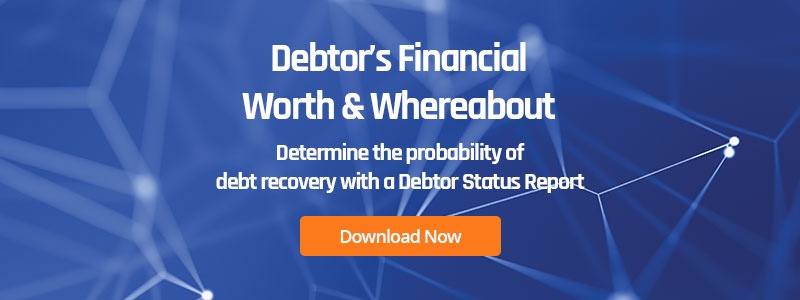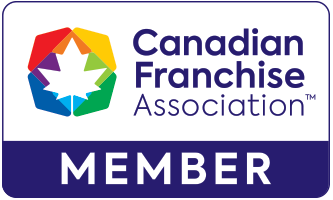Property owners don’t often default on mortgages, but when they do, you need to know which method of recovery will offer the greatest return.
There are four common remedies that are used if a mortgage goes into default.
A power of sale (POS) is the most common remedy when enforcing a mortgage. A POS often exists within the mortgage contract and allows the lender to sell the property and use the proceeds to pay any arrears.
When a POS is the chosen remedy, the mortgagor remains on the land title until the property is sold, any losses incurred from the sale are at the owner’s expense and if there is any extra money, after creditors have been paid, the owner is entitled to it.
If there is a deficiency, the mortgagee must collect from the mortgagor.
Another mortgage enforcement option is a foreclosure. In a foreclosure, the lender receives ownership of the property and can sell it. This usually leads to a sale under court supervision. If there is a gain on sale, the proceeds go to the lender.
Mortgagees may also be able to get a court order to garnish wages and/or bank accounts.
Lastly, lenders have the ability to sue the borrower for the cost of enforcement and the amount owing.
Before deciding on which method of enforcement to use, it is important to determine the probability of debt recovery.
That is where a Quality Credit Report comes in.
Credit reports can help you prepare for enforcement through litigation, collection and recovery by identifying assets, locating wage sources and bank accounts, uncovering other real and personal property available for seizure, sale or sequestration, and identifying additional creditors who may be entitled to proceeds before you.
An in-depth credit report will even locate the debtor for service purposes.
At Quality Credit, we offer a number of reports that can be used to make the best mortgage enforcement decisions. These include identifying the following assets.
Real Property
This report is designed to locate real property assets across Canada (subject to availability in each Province) which may be owned by the debtor. The search is designed to also locate matrimonial property and identify possible fraudulent conveyances.
Mortgage Interests
This report was designed to locate mortgage interests, including vendor take back mortgages.
Personal Property/ Motor Vehicles
This report will help identify personal property, including motor vehicles, equipment, goods, inventory, and accounts.
Business Interests/ Affiliations
This report was designed to locate your mortgagor’s business interests. We often find co-debtors that link your mortgagor to other companies and businesses.
Bank Accounts
This report is designed to confirm bank accounts for garnishment purposes. The report will provide all information disclosed to us by the financial institution including confirmation of an active account and any account balances revealed.
Rents
This report will identify whether your mortgagor is receiving any rental income.
Wages
This report is designed to locate the debtor/defendant’s current place of employment for garnishment purposes. The report will confirm the name and address of any employer located, along with any other employment particulars disclosed to us.
Liabilities that can also be identified in a credit report include:
Tax Liens
This report will locate tax liens, including PST, Corporation Tax, RST, HST and GST.
Collections
This report establishes a history of collections, as well as identifies both debt and repayment history.
Pending Legal Actions/Judgments
This report will uncover pending legal actions, judgments and particulars that will be significant in determining the probability of debt recovery.
Credit Card Balances
This report identifies credit card debt so you can have a better idea of their overall position.
Secured and Unsecured Borrowing Facilities
This report identifies term loans and operating lines.
Mortgages
This report will identify any other registered mortgages, as well as executions on real property.
Bankruptcies, Consumer Proposal and Receiverships
This report will uncover recent bankruptcy, consumer proposal or receivership filings, as well as particulars, through the Superintendent of Bankruptcy.
CMHC Approved Debtor Status Report
Quality Credit Reporting provide many financial institutions, or the law firms that represent them, with a CMHC approved Debtor Status Report.
Once the appropriate information has been obtained, our credit report will provide you with the information you need to determine whether the probability of recovery is in your favor.
Tags: Business Credit Reports





